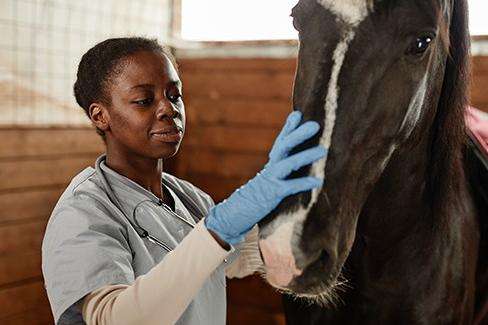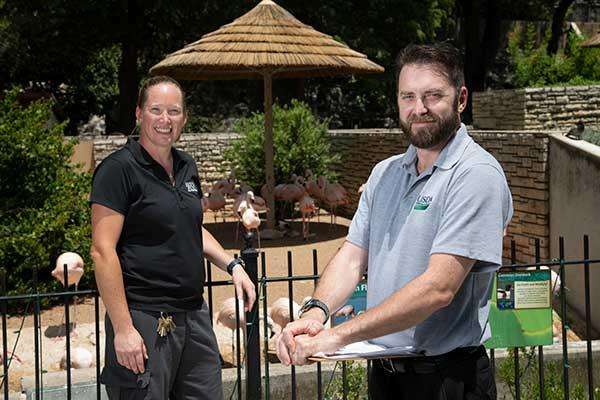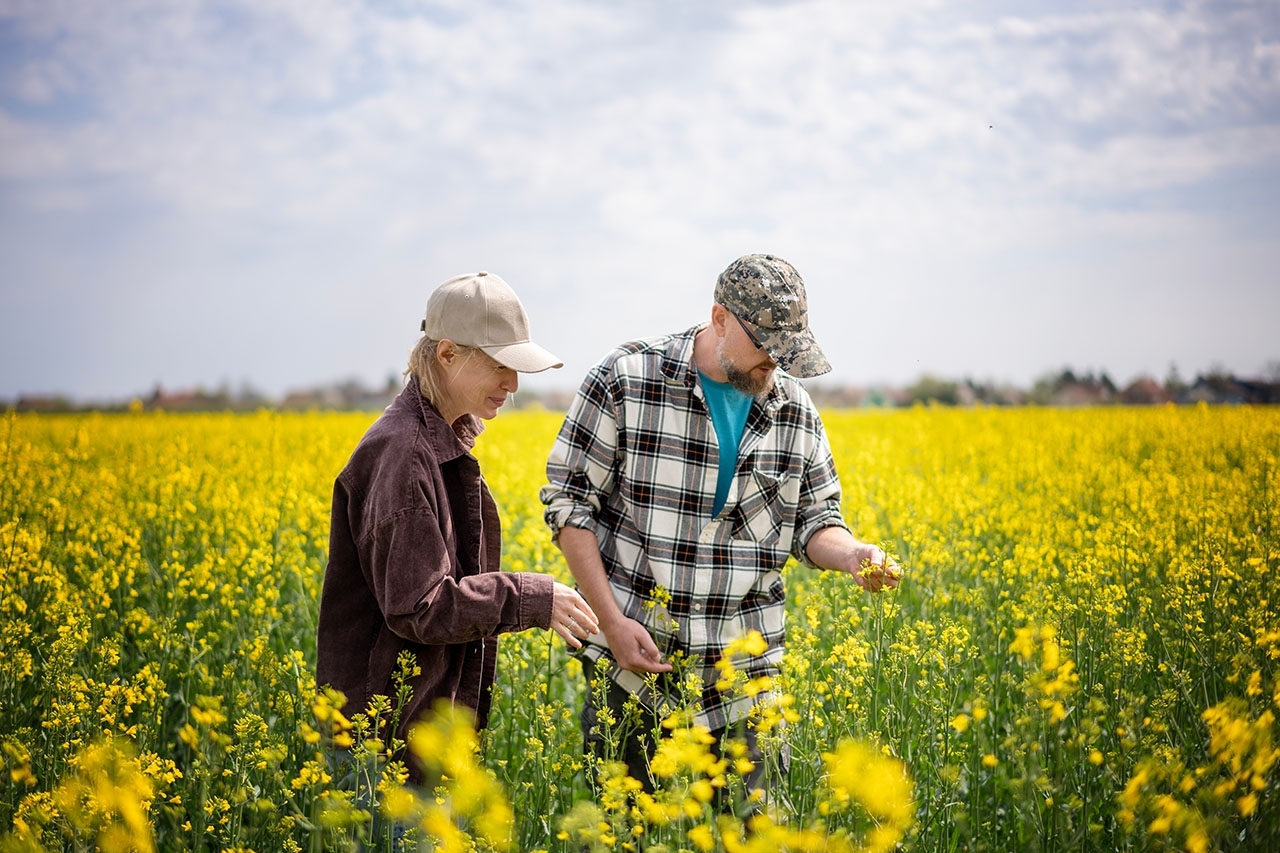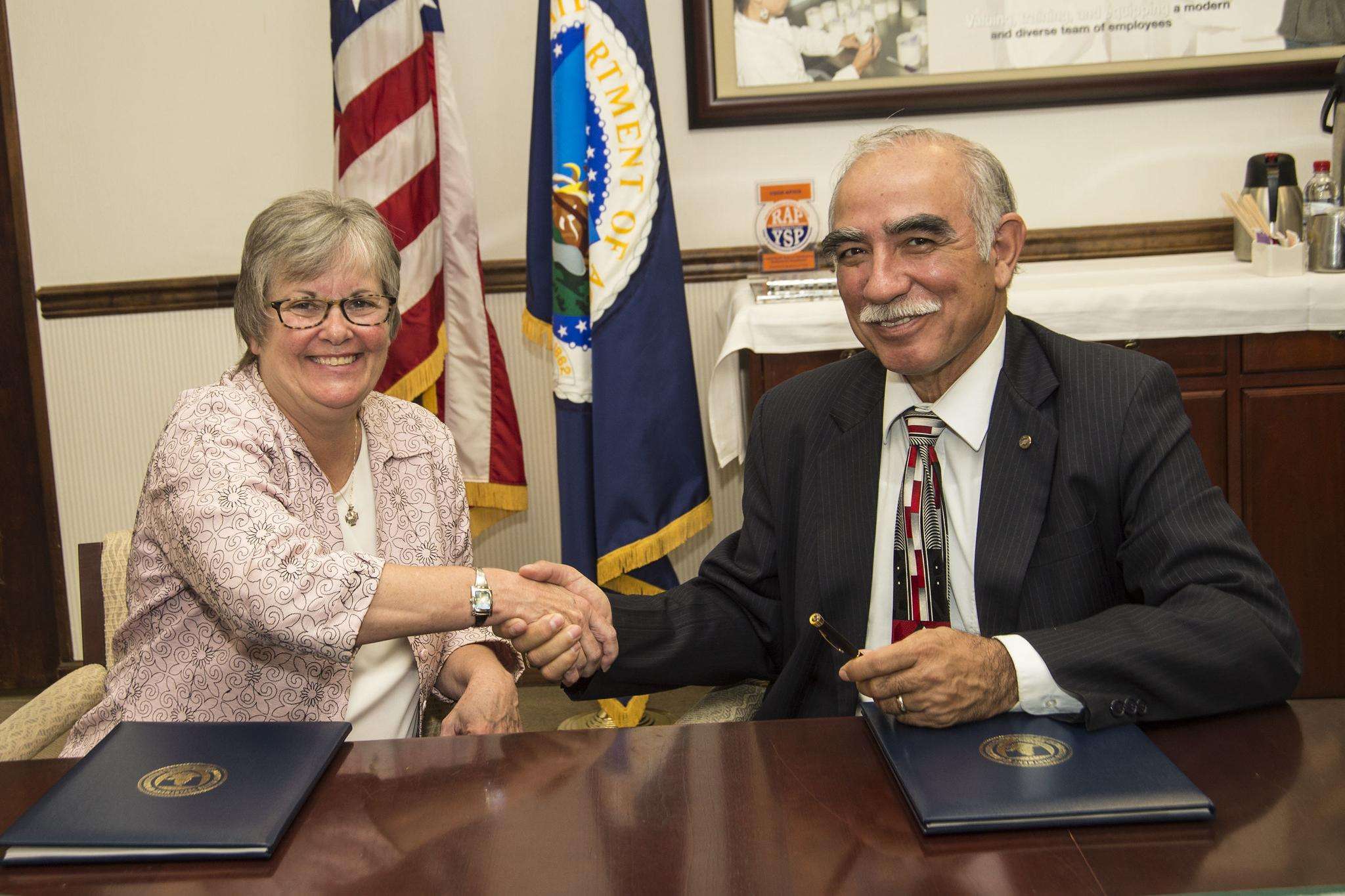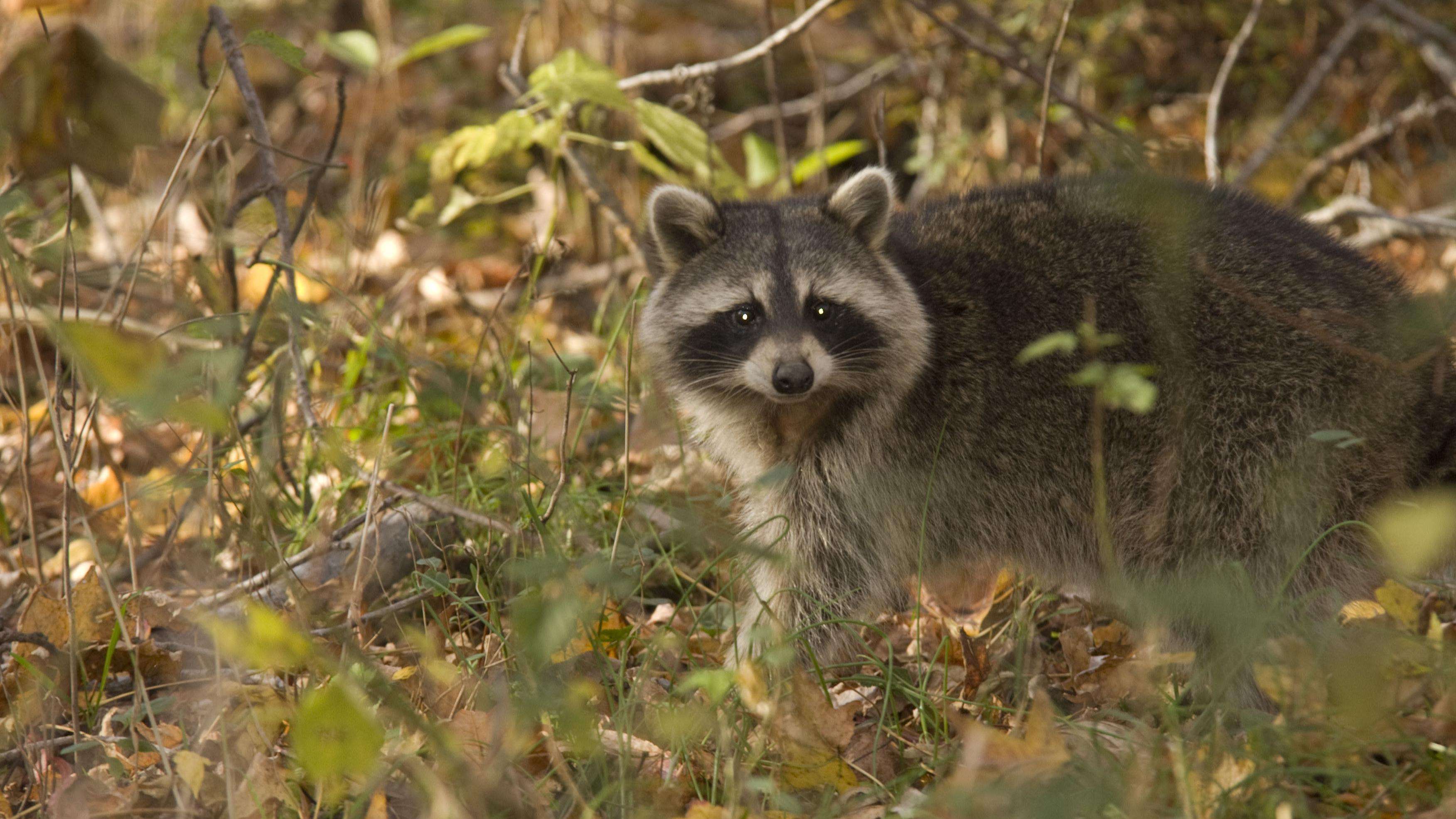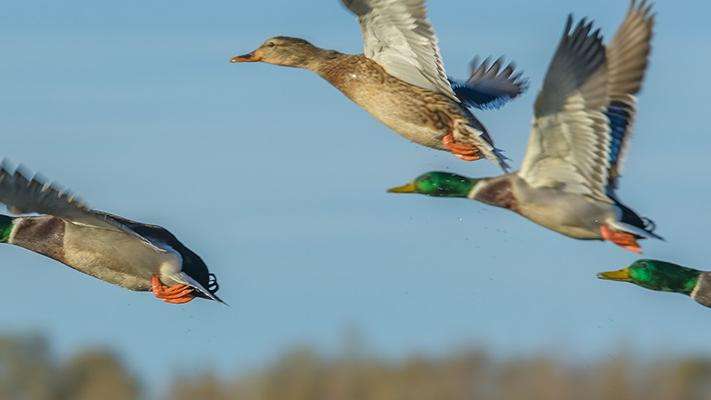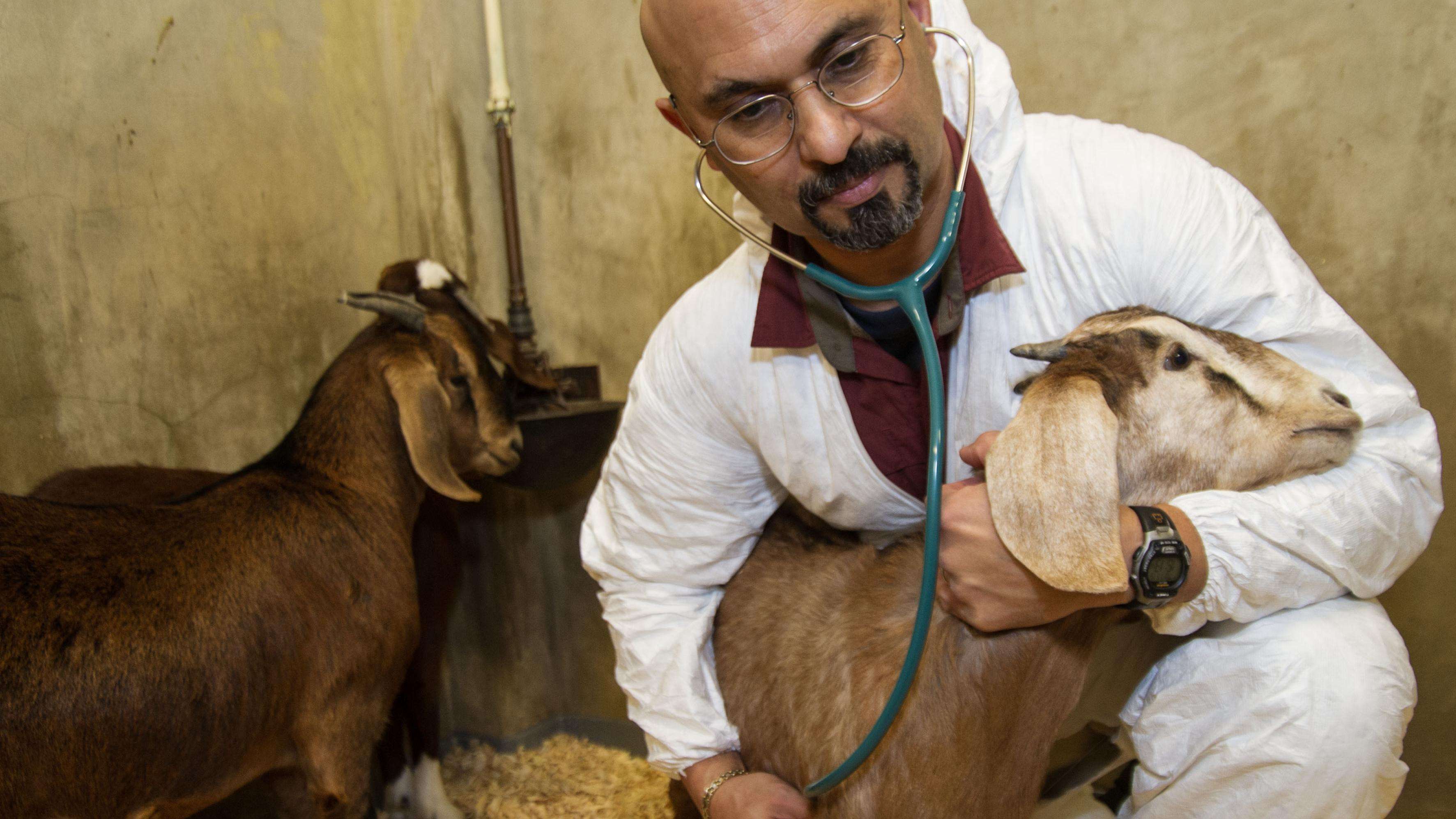One Health
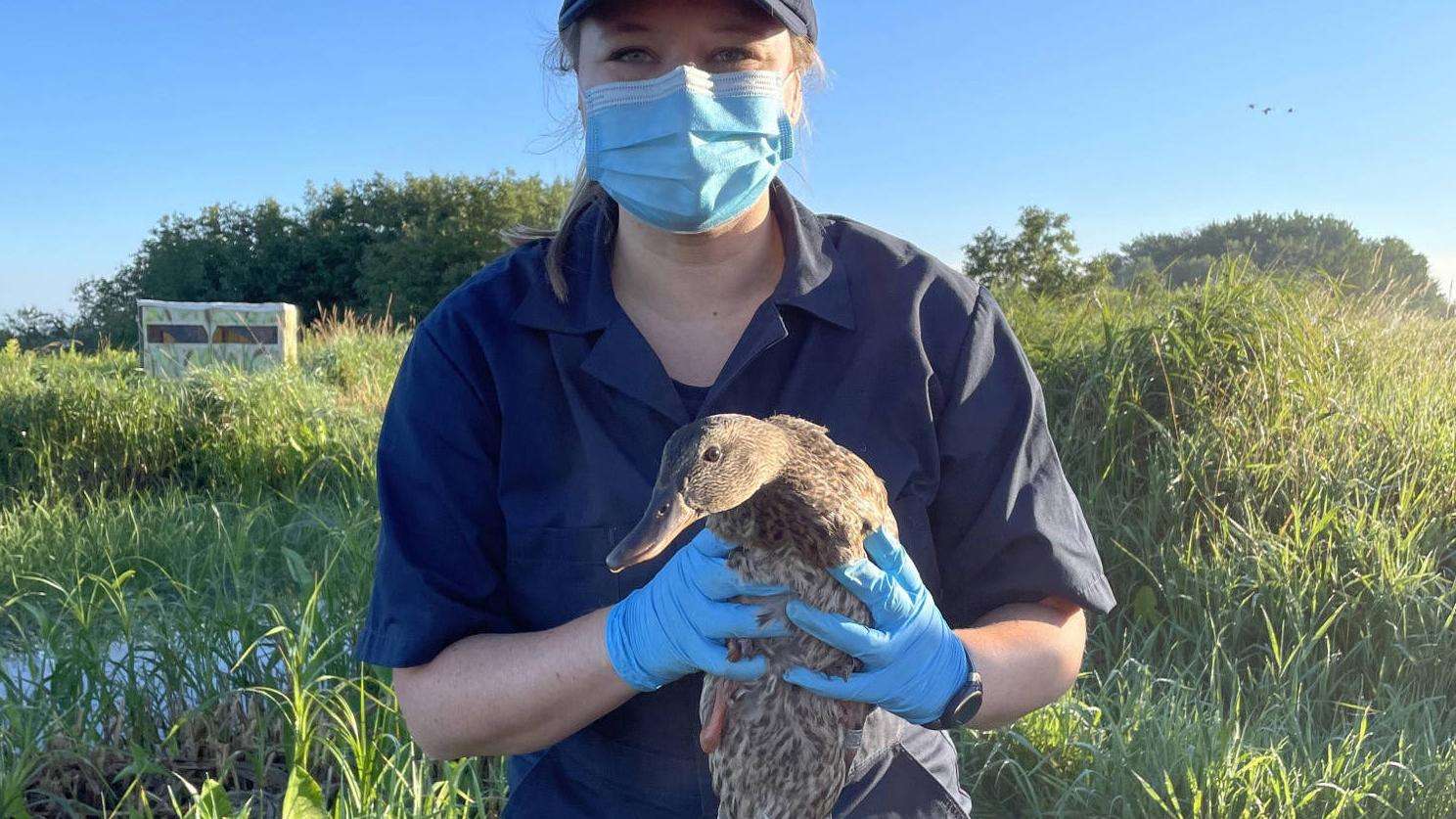
"One Health" is an integrated, unifying approach that sustainably balances and optimizes the health of people, plants, domestic and wild animals, and ecosystems.
The One Health approach recognizes that:
- the health of animals, people, plants, and the environment are linked, and
- all those involved in protecting animal, human, and environmental health must work together to achieve the best health outcomes.
One Health in Practice: APHIS Programs
At APHIS, we have a longstanding commitment to the One Health principles. This approach has been integral to APHIS' mission for decades, and we are proud to embrace One Health as a cornerstone of our work.
Explore our programs to learn how APHIS puts One Health into practice every day.
One Health Spotlights
Protecting animal and plant health intersects with some of the most pressing issues of our time: climate change, diseases that can spread between animals and people, global population growth, and food security. One Health is key in finding solutions. Learn how we're advancing One Health practice through research, applied science, and other initiatives.
The goal of the National Rabies Management Program is to prevent the further spread of wildlife rabies and eventually eliminate terrestrial rabies in the United States.
The United States has the strongest avian influenza surveillance program in the world. APHIS leads national efforts to monitor for avian influenza in commercial and backyard poultry, wild birds, and wild mammals.
Antimicrobial resistance (AMR) is a global health threat because it makes antimicrobials (such as antibiotics) less effective. These are critically important tools for protecting animal, plant, and human health, though any use of an antimicrobial can lead to resistance. Addressing AMR is a high priority for the agricultural and public health sectors.
APHIS and other One Health partners are conducting projects and studies to protect our Nation's animals and people from SARS-CoV-2 and other animal diseases.
Reducing use of the fumigant methyl bromide is an acute need for our planet. APHIS is working hard to find alternatives to this ozone-depleting chemical.
Non-native pests and diseases will always pose a threat to U.S. agriculture. To help respond to this threat, APHIS and North Carolina State University developed a modeling system to forecast plant pest risks.
Latest Updates
Highlighted Partnerships
We partner with Federal agencies, States, Territories, Tribes, universities, organizations, and others–here at home and around the world–across multiple disciplines and sectors. Our goal is to find the best health outcomes for animals, plants, people, and their shared environment.
Centers for Disease Control and Prevention
U.S. Environmental Protection Agency
U.S. Food and Drug Administration
Stay Up to Date
Sign up for email or text updates for the latest news on One Health.


